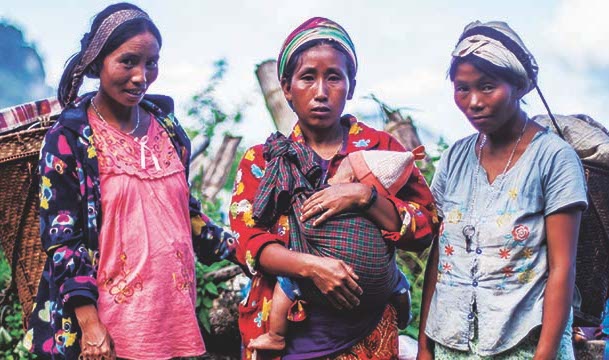Myanmar’s efforts to formalize land ownership under the 2012 Farmland Law leave women at a greater disadvantage relative to men than they were under traditional, community-based land ownership systems, according to a new policy brief produced by Trócaire and Land Core Group. The brief is based on research in Karen and Tavoyan communities around Dawei, Tanintharyi Region.
Before the Farmland Law was enacted, land in the seven communities included in the study was passed from parents to children on the basis of birth order, not gender. Land inherited by a married child would be shared by the couple, but power to sell the land would remain with the direct inheritor, regardless of gender.
However, under the law, formal land ownership is signified by the name on a Land Use Certificate, and male heads of household have a higher likelihood of being listed, giving them more control over land inherited by their wives than the traditional system afforded.
This privileging of men in the formalization of land ownership leaves women vulnerable to dispossession in the event of divorce, informal separation, or a husband’s death. In the case of divorce or separation, land inherited by both spouses is split between them or given mostly to the parent who cares for their children. In cases when divorce is caused by adultery, the unfaithful party traditionally forfeits any land the couple shared. However, since the introduction of Land Use Certificates, men have become less likely to be subjected to this penalty.
“If a husband commits adultery, it is acceptable. But if a woman commits adultery, she will lose all,” a woman from Nyin Maw village told the study’s authors.
Women face other hurdles in holding onto their land when they are widowed. If her name is not on the Land Use Certificate, which is likely to be the case, she must undergo a complex and costly process involving local administrators and courts in order to have her ownership formalized.
According to the policy brief, these obstacles to women’s land ownership threaten to make them more heavily reliant on social welfare, relatives, and neighbors and raise the risk of keeping women and children in abusive households.
To eliminate these gendered vulnerabilities, Trócaire and Land Core Group say additional research is needed to find ways to bring the land ownership formalization process in line with local traditions, which often vary by ethnicity. They also advocate for additional training for local administrators in protecting women’s property and for amendments to the Farmland Law that enshrine gender equality in land rights and specifically permit husbands and wives to be registered as joint land owners.





Reader Interactions